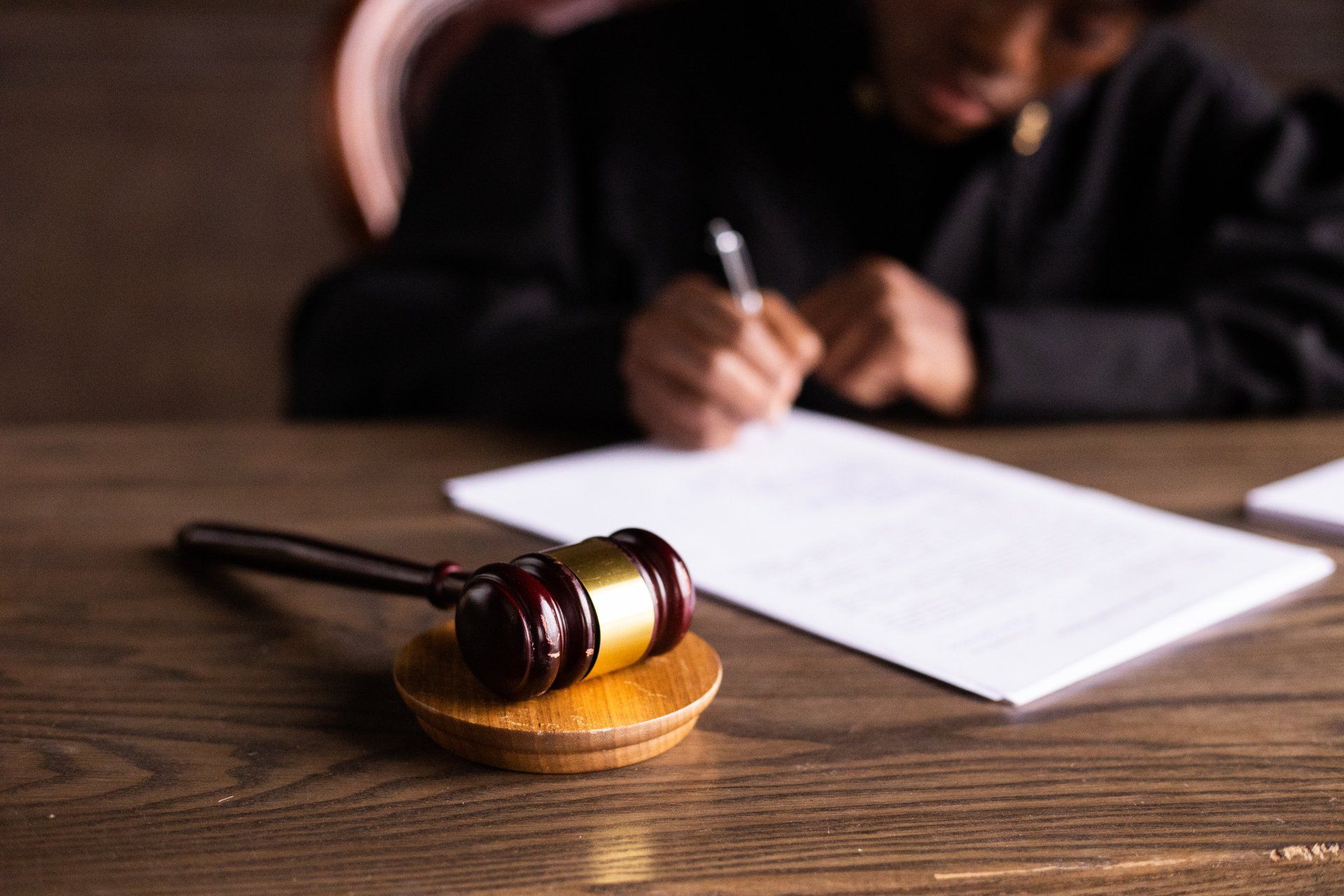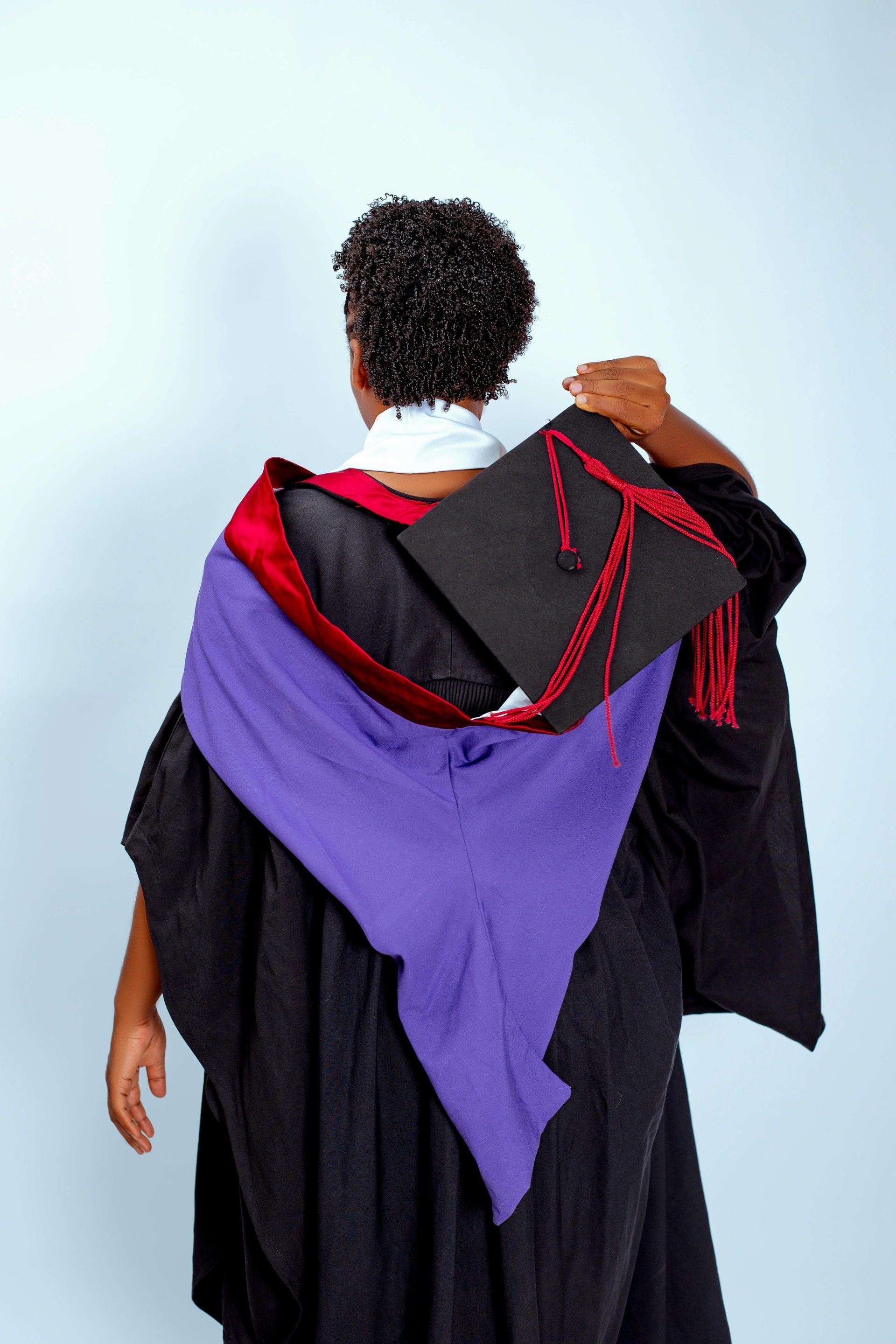The Burden For Asylum Credibility Assessments Is The Totality Of The Circumstances
CHEN V. GARLAND, No. 22-1348 (9th Cir. 2023)
In the case of CHEN v. GARLAND (2023), petitioner Zhi Bo Chen sought asylum, withholding of removal, and relief under the Convention Against Torture (CAT) based on his persecution in China due to his practice of Falun Gong. The Immigration Judge (IJ) initially denied his applications based on credibility issues. The Second Circuit Court of Appeals reviewed the case and found that the IJ had made errors in assessing Chen's credibility, including relying on trivial inconsistencies and omissions. As a result, the Court granted Chen's petition for review, vacated the Board of Immigration Appeals' (BIA) decision, and remanded the case for further proceedings.
The key issues involved:
Chen's testimony about his treatment by Chinese police officers and omissions in his asylum statement. Inconsistencies in Chen's testimony about his practice of Falun Gong with his wife. Contradictory statements regarding a phone call with his cousin related to his escape to the United States. The court concluded that the IJ had made errors in finding Chen not credible.
Specifically: Regarding the police treatment, the court found that Chen's use of the words "hit" and "shake" was trivial and did not justify an adverse credibility determination. The omission of certain details from his asylum statement was also not material. Inconsistencies related to Chen's practice of Falun Gong with his wife were considered de minimis and non-material.
The inconsistencies about the phone call with his cousin were noted but not enough to sustain the adverse credibility finding on their own. As a result, the court granted Chen's petition for review, vacated the decision of the Board of Immigration Appeals (BIA), and remanded the case to the BIA for further proceedings. The court emphasized the need to assess Chen's credibility based on the totality of the circumstances without relying on the identified errors.
Important Cases Relied Upon:
The court relied on several important cases to discuss credibility assessments in asylum cases, including Xiao Xing Ni v. Gonzales, Hong Fei Gao v. Sessions, Liang v. Garland, and Gurung v. Barr. These cases emphasized the importance of assessing credibility based on the totality of the circumstances, considering inconsistencies, omissions, and demeanor, but also highlighted the need to avoid making adverse credibility determinations based on trivial inconsistencies.
Overall Legal Concepts Discussed:
The case primarily dealt with the legal concepts related to assessing credibility in asylum cases. It emphasized the importance of considering the totality of the circumstances, including inconsistencies and omissions in an applicant's testimony, while also cautioning against relying on trivial discrepancies. The court also highlighted that omissions are generally less probative of credibility than direct contradictions and that the probative value of omissions depends on whether they render the applicant's statement untrue or deceitful. Additionally, the case discussed the strict standards for asylum, withholding of removal, and CAT relief and how an adverse credibility finding can foreclose all three forms of relief when the same factual predicate underlies the claims.
The Case Law and Statutes Mentioned in this case are:
- Xiao Xing Ni v. Gonzales, 494 F.3d 260 (2d Cir. 2007)
- Pinel-Gomez v. Garland, 52 F.4th 523 (2d Cir. 2022)
- Hong Fei Gao v. Sessions, 891 F.3d 67 (2d Cir. 2018)
- Garcia-Aranda v. Garland, 53 F.4th 752 (2d Cir. 2022)
- Liang v. Garland, 10 F.4th 106 (2d Cir. 2021)
- Gurung v. Barr, 929 F.3d 56 (2d Cir. 2019)
- Pavlova v. INS, 441 F.3d 82 (2d Cir. 2006)
- Steevenez v. Gonzales, 476 F.3d 114 (2d Cir. 2007)
- REAL ID Act
- 8 U.S.C. §§ 1101(a)(42)(A); 1158(b)(1)(B)(i)
- 8 C.F.R. § 1208.16(c)(2)











